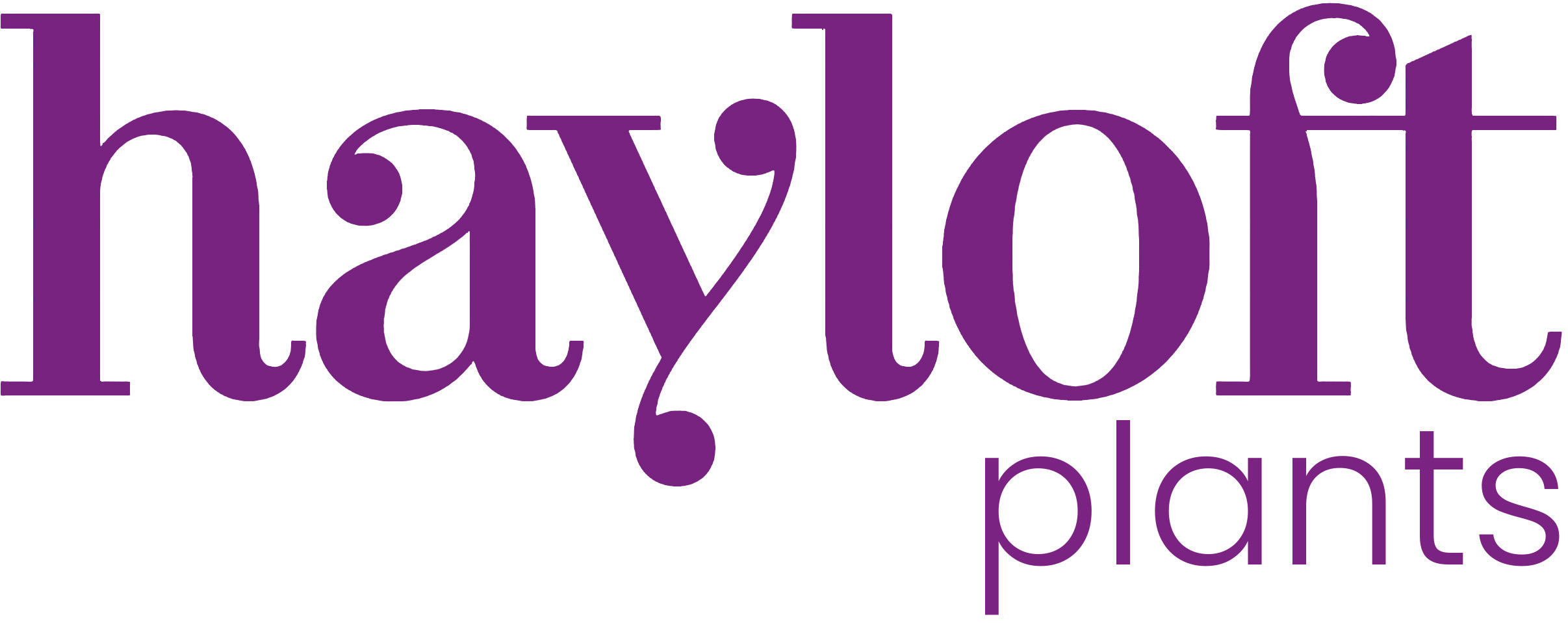During the first half of 2020, audiobook sales surged by 42% . With almost instant downloads and a seemingly infinite number of titles to choose from, audiobook platforms are becoming frequent shopping sites for fiction and non-fiction lovers alike.
Listening to stories isn’t new
For paper book enthusiasts, the thought of putting on a pair of headphones and experiencing a written narrative with empty hands is disconcerting. But audiobooks allow listeners to tune into a book in a different way. As Neil Gaiman says , "you often get much more insight into a story or poem by hearing it.”
The idea of listening to a story isn’t new. As we delve into fictional worlds through the pages of our favourite book, it’s easy to forget that some of our most highly prized literary works began as oral stories. The Greek epic poem The Iliad was passed down by word of mouth alone for generations. The story that would inspire Hamlet was told orally until it was first written down in 1200 .
Why choose an audiobook?
Listening to an audiobook is an immersive experience. The best narrators don't just read; they use their voices to draw out meaning and infuse life into characters. Their familiar voices can even feel like exciting company as you go about mundane daily tasks or do your daily exercise—a little like having an old friend recount a riveting anecdote.
There might be cognitive benefits to listening to audiobooks, too. In a 2010 study , researchers found that listening to audiobooks (and music) “provided refreshing stimulation and evoked thoughts and memories about the past” for stroke patients.
As Psychology Today points out, audiobooks can also take your mind away from stress and worry. The negative thought cycles that accompany anxiety and depression are tough to silence. Audiobooks give you something else to listen to, shifting your focus and taking your mind away.
Patrick Walsh, Founder & CEO at Publishing Push, told us: "Audiobooks open up a world of stories to those who might struggle with print, offering not just convenience but also inclusivity. They can be a lifeline for older adults seeking mental stimulation and companionship through engaging narratives.”
What to listen to
With the steep rise in audiobook popularity over the last few years comes an abundance of new titles. Most major books are now available in audio form, as are many indie titles. So, whether you like fantastical tales or factual guides, there’s something out there for you.
Before you buy or download an audiobook, you can usually try a sample. On Audible, for example, there is always a five-minute preview that gives you an idea of the narrator's style and pace and the author's writing.
Bestseller lists are a great place to start until you find authors, genres, and narrators that you enjoy listening to. Well-known books are also more likely to be narrated by industry professionals who can bring the story to life.
Where to listen
With so many platforms to choose from, it's challenging to decide which is best. To start your research, we’ve included information on three major platforms below.
Audible – membership-based
Audible is an Amazon-owned audiobook distributor. You can sign in through your Amazon account to start a free trial, sign up for a membership, or buy a one-off title.
If you choose to subscribe, you opt to receive one or two free audiobooks per month. Free books are redeemed via credits which appear automatically in your account. One credit equals one book.
When you run out of credits, you can buy books as you would any other product. However, when your credits run low, you often have the option of bulk buying credits at a discounted price to be redeemed at a later stage. Buying credits on these special offers and redeeming them is often cheaper than buying a book outright.
There are other ways to make your purchases more cost-effective, too. Look out for member discounts and sales on popular titles. Money Saving Expert has published a guide on how to save money on Audible, whether or not you’re a member.
The audible app is available for most media devices, including some smart speakers.
Google audiobooks – pay as you buy
Google’s audiobook platform works like an online store. You’re not locked into a subscription; you simply pay for the title you want.
If you use a Google assistant in any way, such as through Google Nest, make sure you use the same account to buy your audiobook. That way, you can use voice commands to activate playback.
Tech Radar recently had this to say about the platform:
“ Our price comparison of a handful of bestseller titles showed that Google Audiobooks consistently prices audiobooks equal to or cheaper than a single credit monthly subscription with Audible….although its selection of titles is certainly smaller than Audible’s.. .”
LibriVox – classics for free
The lesser-known LibriVox platform has been running for years. Although we haven’t tested this one ourselves, it was recently mentioned in The Guardian and The New York Times .
LibriVox offers free books read by volunteers around the world. These books are all in the public domain, meaning new titles won't feature, but your favourite classics might just be included.
The organisation describes itself as non-commercial, not-for-profit, and add free. If you fancy taking on a new challenge, you could even volunteer to narrate on the platform!
Listening Books - great for accessibility
UK charity Listening Books provides audiobooks for people who have an illness, disability, learning difficulty or mental health condition. They have told us that audiobooks are invaluable for their members. They can help dyslexic children enjoy a story without having to decode each word, they can distract from pain and loneliness by providing much-needed escapism and for people with anxiety they can be an oasis of calm. There are so many ways audiobooks can benefit you. Their Patron Stephen Fry says: “The companionship and delight of a voice telling stories is incomparable. Listening Books distributes pure, undiluted pleasure and friendship.”
Troubleshooting audiobooks
Getting lost in your book…literally
When you’re holding a paperback or hardback, you can physically see how long you have left. You can flick forwards and backwards through chapters to look for information, like a character’s name. This is still possible with audiobooks; you just have to get used to the controls.
For example, on Audible, the book automatically picks up where you left off, but you're only ever a couple of taps away from a chapter list. You can also go backwards and forwards in 30-second increments if you notice your mind has wandered. Of course, this isn't as simple as going back to a specific page number.
Returning an audiobook
If you make an accidental purchase or don’t think your audiobook is up to standard, you can usually return the book on your chosen platform. However, this is easier through some sellers than others. In fact, on one platform, returns were so easy that rights holders found their revenue plummeting , causing a recent uproar.
Where to listen
Most audiobook sellers make their books available across several platforms, often via an app. This means you might be able to listen to your audiobook everywhere, from an Apple Watch to Alexa smart speaker, or simply play them from your mobile device. If you're unsure how to access your audiobook, there should be an FAQ or contact section on your chosen platform.
For more information about interesting hobbies to take up now, have a look at our hobby pages. We also regularly publish book recommendations in our books section .








